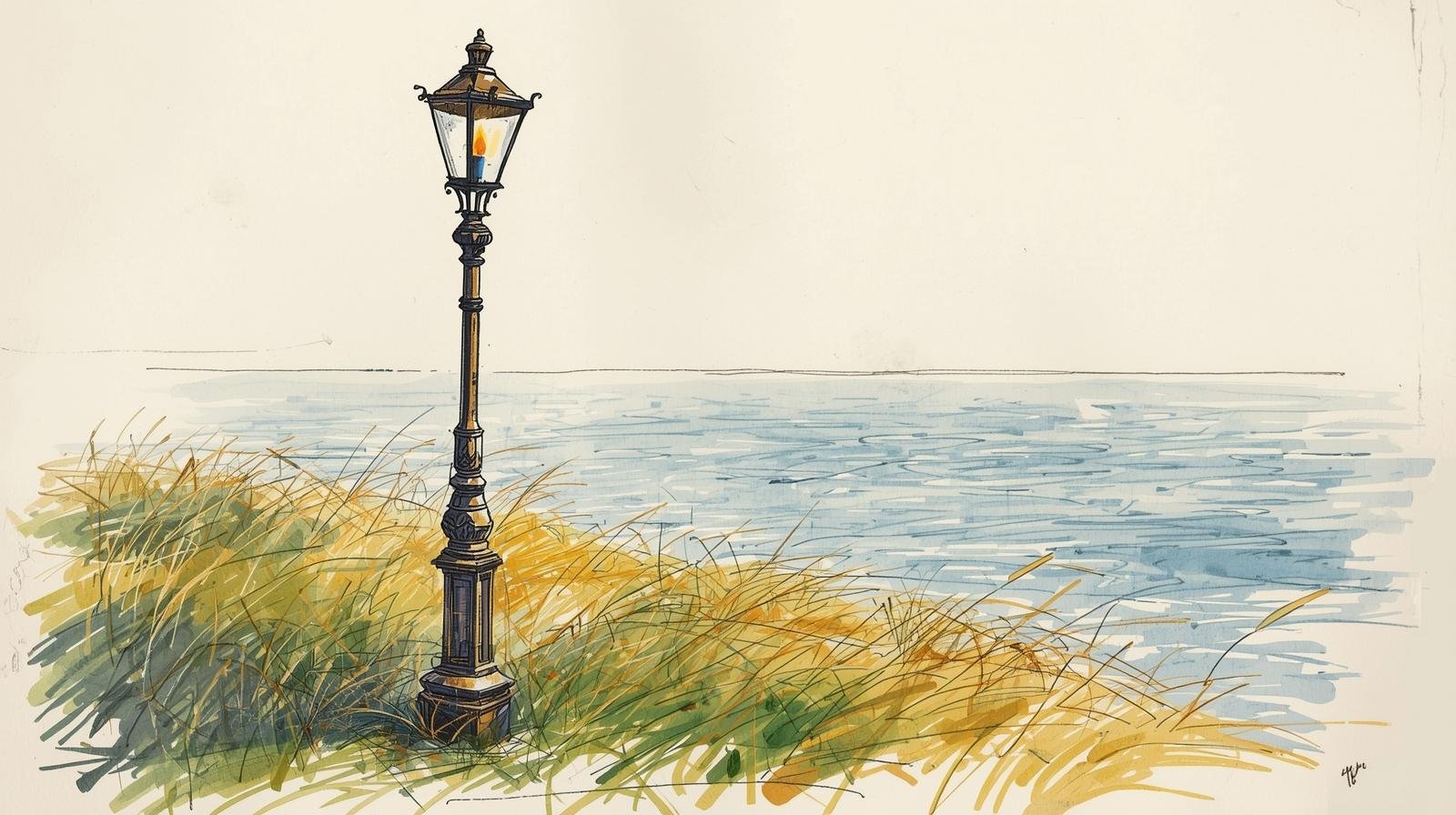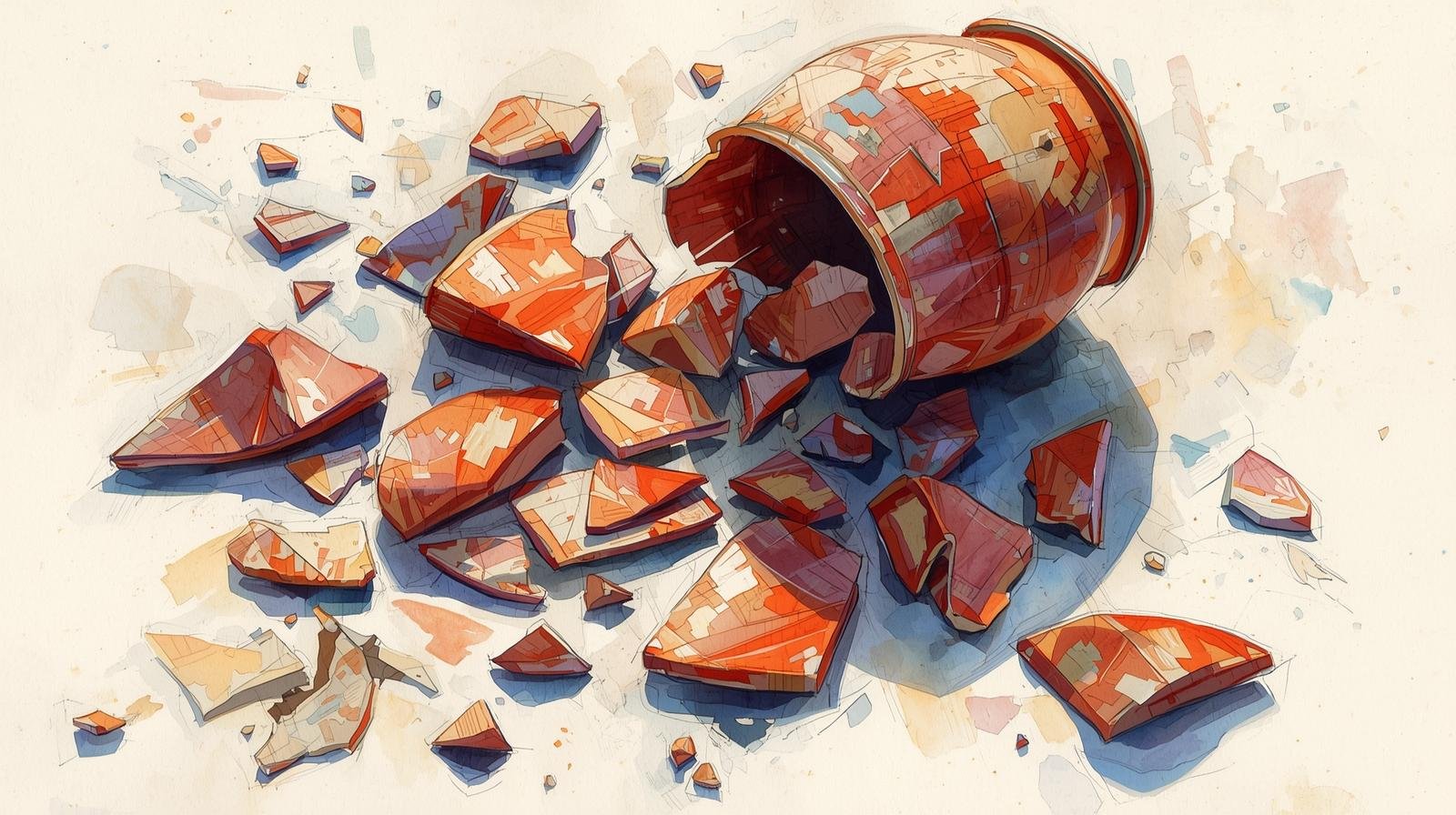
p. Luis CASASUS | President of the Idente Missionaries
Rome, February 05, 2023 | V Sunday in Ordinary Time
Isaiah 58:7-10; 1 Cor 2:1-5; Mt 5:13-16.
1. To be salt and light. One refers to the sense of taste and the other to the sense of sight. We must reflect again and again on what Jesus wants to tell us with these two metaphors, which of course have a rich meaning beyond what can be gleaned from this short reflection. In any case, taste and sight put us in contact with material, emotional and spiritual reality. Indeed, they open us to the world, in the broadest sense of the word.
Surely, to better understand what salt and light mean in our spiritual life, which is really the ONLY life, we must first look at what Christ points out as the opposite of salt, tastelessness, and the opposite of light, darkness.
I remember reading “What I believe” by the great Leo Tolstoy (1828-1910), and I was astonished when he said:
The state of man from the day of his birth is such, that inevitable destruction awaits him, that is, a senseless life and a senseless death, if he does not find what alone is necessary for the true life. Christ reveals to men that which alone gives them the true life. He does not invent it, He does not promise to give it by His divine power; He only shows mankind that, besides the individual life, which is but a deception, there must be another life, which is truth, and no deception. Christ, in his parable of the vine-dresser (Mt 21: 33-42), explains the source of human error, which hides the truth from men, and which makes them consider the shadow of life, their own individual life, as the true one.
We all remember the parable of the murderous vinedressers, but perhaps we are so impressed by their horrible deed that we do not appreciate – as Tolstoy did – that this crime is one of the consequences of living a meaningless, empty, tasteless life.
In reality, if a person does not find meaning in his life, he may react by falling into a deep discouragement (let us call it depression, sadness) that will lead him to separate himself from others, in various ways (hyperactivity, suicide, silence…), or he will develop resentment, a desire for aggression towards his neighbor, because he feels him to be the source of his misfortune.
Christ calls us today to be instruments (perhaps we would say here “ingredients”) to give the existence of others a taste of true LIFE.
In the First Reading, the prophet Isaiah already reveals the secret of how we can do this; in short, by living authentic mercy. Isaiah reminds us that, in this way, God will become visible in our lives.
In the Second Reading, St. Paul confirms this truth, noting that he was able to reach the hearts of the Corinthians not by some form of human wisdom or persuasive words, but with meekness and with the fear and trembling that came from feeling limited and vulnerable.
So, the first thing Christ offers is not the solution to the lack of flavor, salt and meaning in the lives of those who follow him, but the invitation to be salt for others. Jesus, in today’s Gospel, clearly says that the effects of the lack of mercy are tragic. What was supposed to be active salt, when it loses its strength, no longer has true life. The key question is not what will happen to my neighbor if I do not help him? But rather, what will happen to me if I do not act?
After teaching the Beatitudes, he said to the people: You are the salt of the earth… You are the light of the world. These words of today’s Gospel were dramatic to the people Jesus was addressing. They were simple people, many of them poor. They had very ordinary and simple jobs. Some were fishermen, like Peter, James, and John. They lived in what was considered a rather unimportant and obscure area of the world, Galilee.
What must they have thought when Jesus called them nothing less than the salt of the earth and the light of the world? We can ask that same question today, because Jesus also meant those words for us, His followers, His disciples, today.
In practice, how can one continually be salt? This does not mean reaching some sort of summit of perfection. Rather, it means living a constant newness, a permanent change in our way of serving, of living mercy. We should not limit ourselves to thinking that “change” means to stop committing sins.
If we look at our personal experience, we see that every effort to do good implies a distancing from our ego, from temptation and from the slavery of our passions. This becomes a singular testimony, which does not go unnoticed, for we human beings are rather “monotonous” in our form of compassion, service and mercy.
We do not speak now of sins or faults; for some reason, our Founder, when he teaches us how to examine our ascetic life, puts first the Gospel Spirit, said in the traditional way “the imitation of Christ” and then we look at what is our Dominant Defect. Yes, the first aids in our ascetical endeavor are in caring in a continuous and ever new way for others – is there a better way to say it than being salt of the world?
Even modern research confirms this in its own way. For example, Grimm (Psychosomatic Medicine, 2007) affirms that there is a strong relationship between volunteering and health: those who volunteer have lower mortality rates, greater functional ability, and lower rates of depression later in life than those who do not volunteer.
2. It is worth considering carefully how Christ speaks of light. Indeed, in many religions, it is used as an analogy for a higher form of knowledge and among those living at the time of Jesus, for the Jewish religion, light is synonymous with God: Do not gloat over me, my enemy! Though I have fallen, I will rise. Though I sit in darkness, the Lord will be my light (Micah 7:8).
And Christ makes it clear: While I am in the world, I am the light of the world (Jn 9:5).
However, to understand well the scope of this meaning and -even more- what it means that you and I are the light of the world, we must understand what darkness is, the absence of light and what this means in our life and in the life of the one who is next to us.
A blind man went to visit his friend in the next village. It was night when he could return. His friend gave the blind man a lighted lamp as he said goodbye to him. Refusing to receive the lamp, the blind man said: I don’t need this lamp, dear; I will use my stick to find my way. Nights and days are similar to me. His friend said, Keep it with you. It is not for you, but for others. If you carry this lighted lamp with you, others can see it. Then they will not collide with you.
The blind man started his journey carrying the lighted lamp with him. On the way, there was a storm. He waited under a tree and resumed his journey after the storm. Suddenly a stranger coming in the opposite direction collided with him and both of them fell down on the ground. The blind man shouted angrily: Couldn’t you see the lighted lamp in my hand, man? Are you blind? The stranger replied, I am not blind but your lamp was not burning. The blind man said: I am sorry, I am blind and did not know that the flame was put off by the storm.
One way to understand the lack of salt and the lack of light in our lives may be the following: We fail to discover our own true life and God’s life in us. Perhaps that explains why Jesus used these two analogies of salt and light, two realities whose presence is both necessary and palpable.
It is not natural for salt to lose its taste; for that, something impure must be mixed with it. Much less is it possible for the light to cease to illuminate; as in the story of the blind man, there must be a real storm. However, that happens; our talents sleep and the presence of God, his company, goes unnoticed. As the Spanish philosopher Ortega y Gasset (1883-1955) once said: We do not know what happens to us… and that is precisely what happens to us.
One author said that, with respect to mystical life (which we all have) human beings are in one of these groups:
1) Those who are unaware, do not even suspect, or perhaps deny the action of the Divine Persons in our lives.
2) Those who are attentive and take advantage of the continuous calls of God in our heart.
3) Those who, in addition, share what they have received from God, announce it and confess it. They are light and salt.
We tend to keep our salt of influence on the shelf, unused, and our light of faith turned off. We focus on the wrong things and tend to withdraw from what we are called to engage or overly take on and thus become like the world. But, in spite of our mediocrity and the fact that sometimes we do not have the impression that we are doing anything relevant, Christ promises us that we can be light: Your light must shine before people, so that they will see the good things you do and praise your Father in heaven (Mt 5: 16).
Light is surely the best example of ecstasy, for it is there to enlighten others, not itself. In fact, William Temple, famous English theologian, once wrote: The Church is the only institution that exists primarily for the benefit of those who are not its members.
Gabriel Marcel, the French `philosopher, spoke of wisdom as the idea of a light that feels the joy of being light. We can share in that unique joy, as did the first apostles, despite their still imperfect vision of their mission:
The Lord appointed seventy others and sent them on ahead of him in pairs to every town and place where he himself intended to go. He instructs them and sends them out, and when they return, the seventy returned with joy….
_______________________________
In the Sacred Hearts of Jesus, Mary and Joseph,
Luis CASASUS
President












